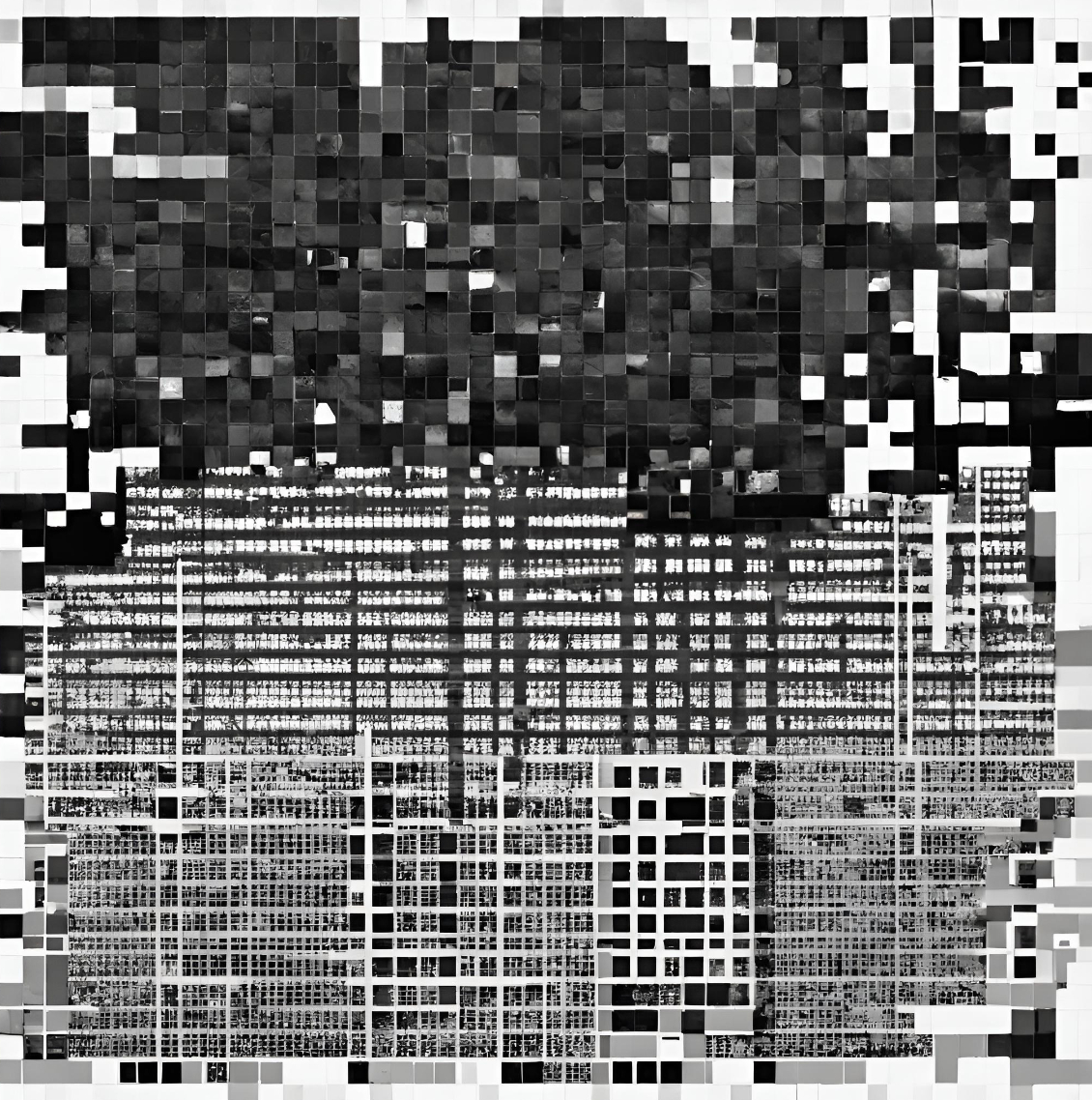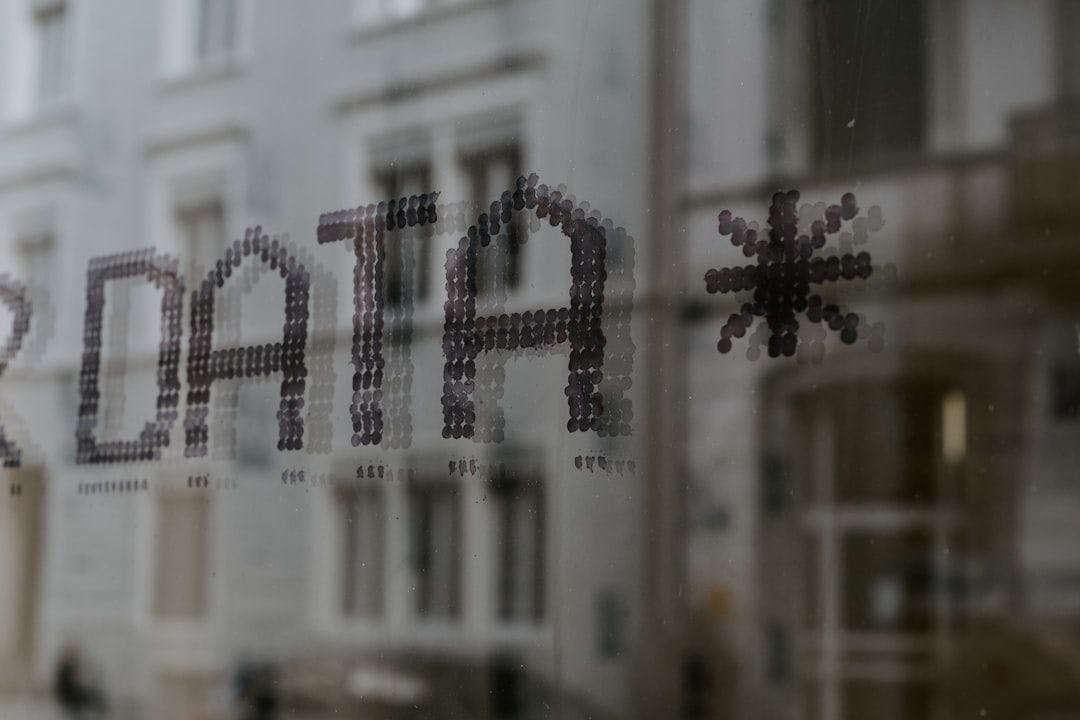Enhancing Data Quality in Federated Fine-Tuning of Foundation Models: Abstract and Introduction
by
August 29th, 2024
Audio Presented by

Computational: We take random inputs, follow complex steps, and hope the output makes sense. And then blog about it.
Story's Credibility

About Author
Computational: We take random inputs, follow complex steps, and hope the output makes sense. And then blog about it.
